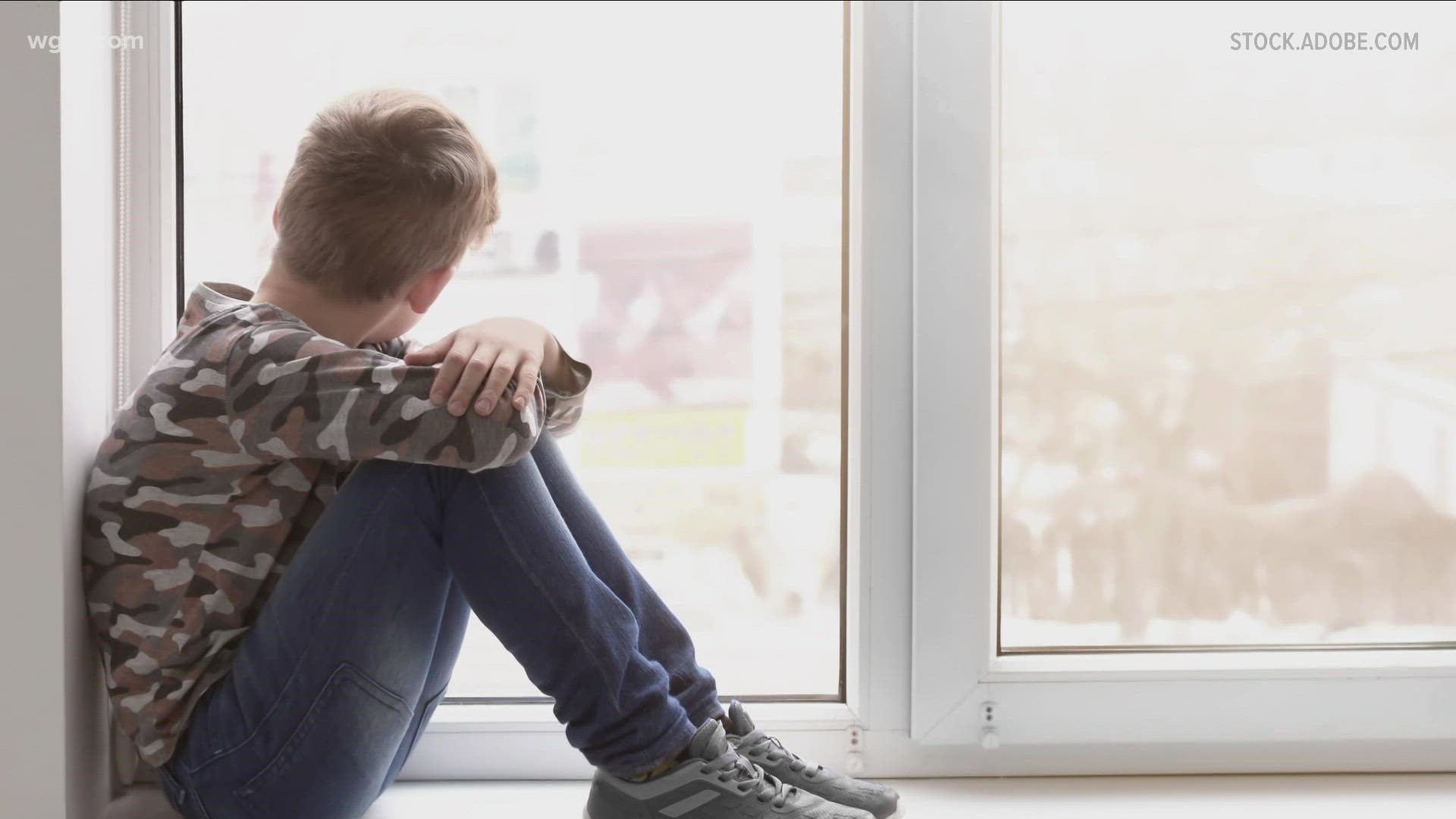BUFFALO, N.Y. — The demand for mental health support has only intensified since the start of the pandemic.
Given the impact that COVID-19 has had on young people, in particular students, Governor Kathy Hochul announced the state is investing $2.5 million dollars from the state budget, over the course of five years, towards creating a Mental Health Resource Center for schools.
The governor's office sent out a release on Monday stating that, "The center will support all New York State public and private schools, and assist them in providing mental health education as part of the K-12 health curricula."
COVID-19 continues to impact students' day-to-day lives.
In the Governor's announcement, she says, "The pandemic has made life difficult for all New Yorkers, including young people who have been through so much these past two years."
Funding will help aid schools in teaching students, of all ages, with age-appropriate curricula how to address and cope with their emotions and teach them how to talk to others about what they're experiencing.
Elizabeth Mauro is CEO of Endeavor Health Services and has been working in the mental and behavioral health field for decades says this type of funding can have a huge impact if programming is sustainable.
"If we can learn to understand what it is that we're feeling, and understand those emotions, and then learn the skills that help us to manage it, that's huge," Mauro explains. "We're seeing unprecedented levels of anxiety and depression and social anxiety too, even down to some children being afraid to take off their masks."
The reality is, not all districts and schools have access to qualified mental and behavioral health professionals.
Hamburg Superintendent Mike Cornell says he's encouraged to see that the Governor is taking this issue seriously.
"I think it's important for us to help our young people understand, and their families understand, that it's just as desirable for them to care, and take affirmative action, to support their mental health as it is for them to support their physical health," Cornell says.
The state says the funding will be divided up into $500,000 per year.
RELATED STORY:

